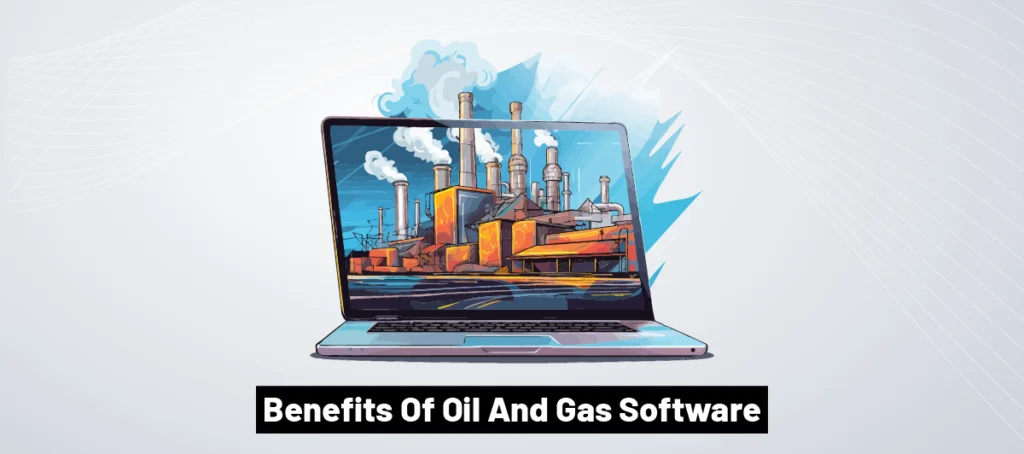The oil and gas industry faces a unique set of challenges, from high capital investment and regulatory compliance to managing large-scale, geographically dispersed teams. In this complex environment, efficient project execution is essential. Software solutions are playing an increasingly vital role in transforming how oil and gas projects are managed, improving visibility, control, and performance across the project lifecycle.
Improving Coordination Across Teams and Locations
One of the major hurdles in oil and gas project management is coordinating multiple teams spread across different locations. Traditional methods like spreadsheets and manual reporting are slow, error-prone, and disconnected. Today’s software tools enable centralized data sharing, real-time updates, and streamlined communication, making it much easier for teams to collaborate regardless of their location.
These capabilities are especially important in projects involving offshore platforms, remote drilling sites, or multi-contractor environments where real-time coordination can have a major impact on outcomes.
Centralizing Data with Specialized Tools
Specialized oil & gas project management software has emerged to meet the specific needs of the industry. These platforms offer modules for asset integrity, commissioning, construction management, and shutdown planning. Centralized data management ensures that everyone involved in a project can get access to the most current information, which improves decision-making and helps avoid costly delays.
By using a single source of truth, teams can eliminate data silos and inconsistencies that commonly lead to miscommunication and rework.
Enhancing Scheduling and Resource Allocation
Modern software platforms feature powerful scheduling tools that allow project managers to visualize complex timelines, define task dependencies, and allocate resources more efficiently. Interactive Gantt charts, dynamic rescheduling, and real-time progress tracking ensure that projects stay on schedule, even as conditions change.
This improved visibility helps identify potential delays before they occur and allows teams to make adjustments proactively rather than reactively.
Strengthening Compliance and Documentation
Compliance with health, safety, and environmental (HSE) regulations is a top priority in the oil and gas industry. Project management software streamlines compliance by automating documentation, logging activities, and storing critical records securely. This not only reduces the administrative burden but also improves audit readiness and ensures adherence to industry standards.
Additionally, digital forms and checklists make it easier to track inspections, incidents, and maintenance in real time.
Using Predictive Analytics and AI
Many platforms now integrate artificial intelligence (AI) and predictive analytics to offer deeper insights. These tools can analyze historical data and project trends to forecast issues such as cost overruns, equipment failures, or scheduling conflicts. By identifying risks early, project managers can take corrective action to prevent disruptions and improve project outcomes.
Enabling Remote Access and Cloud Collaboration
Cloud-based project management tools have made remote access seamless. Teams working in different parts of the world can log into the same platform, access the latest data, and communicate in real time. This is particularly valuable for managing offshore and remote projects where connectivity and timely updates are critical.
Building a Smarter Future for Oil and Gas Projects
The digital change in oil and gas is accelerating, and software is at the forefront. By automating workflows, enhancing collaboration, and improving real-time decision-making, project management software is helping companies execute projects more efficiently and safely. Organizations that invest in the right digital tools, such as oil and gas project management software, are gaining a competitive edge in a demanding industry.
